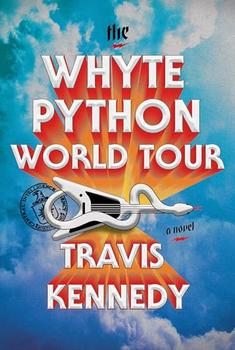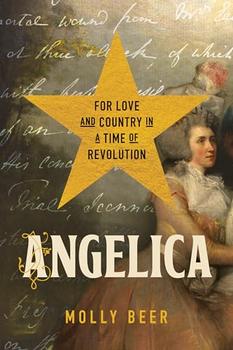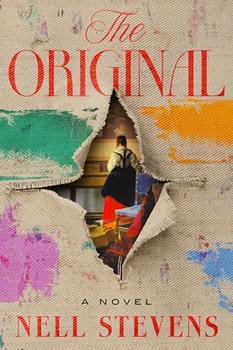
The Whyte Python World Tour
by Travis Kennedy
Rikki Thunder, drummer for '80s metal band Whyte Python, is on the verge of fame, love—and a spy mission he didn’t expect.

Angelica
by Molly Beer
A women-centric view of revolution through the life of Angelica Schuyler Church, Alexander Hamilton's influential sister-in-law.

The Original
by Nell Stevens
In a grand English country house in 1899, an aspiring art forger must unravel whether the man claiming to be her long-lost cousin is an impostor.
Beliefs are what divide people. Doubt unites them
Click Here to find out who said this, as well as discovering other famous literary quotes!
Your guide toexceptional books
BookBrowse seeks out and recommends the best in contemporary fiction and nonfiction—books that not only engage and entertain but also deepen our understanding of ourselves and the world around us.